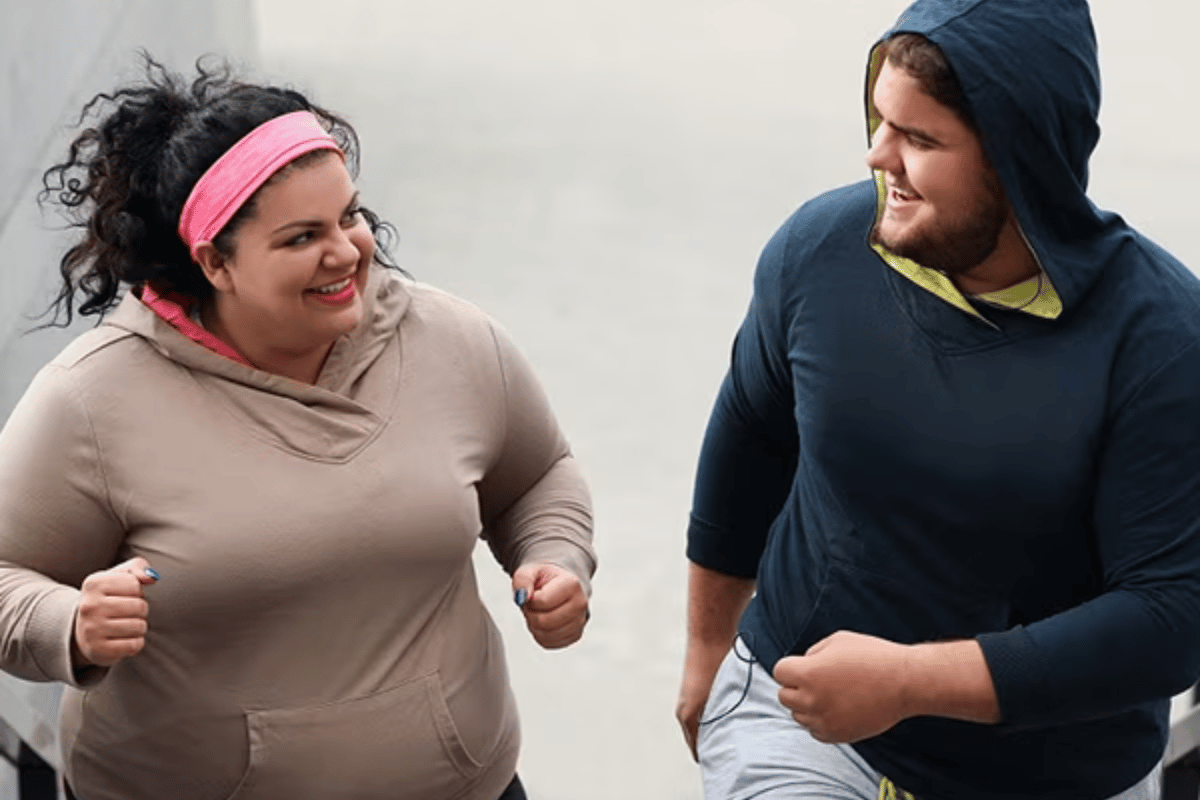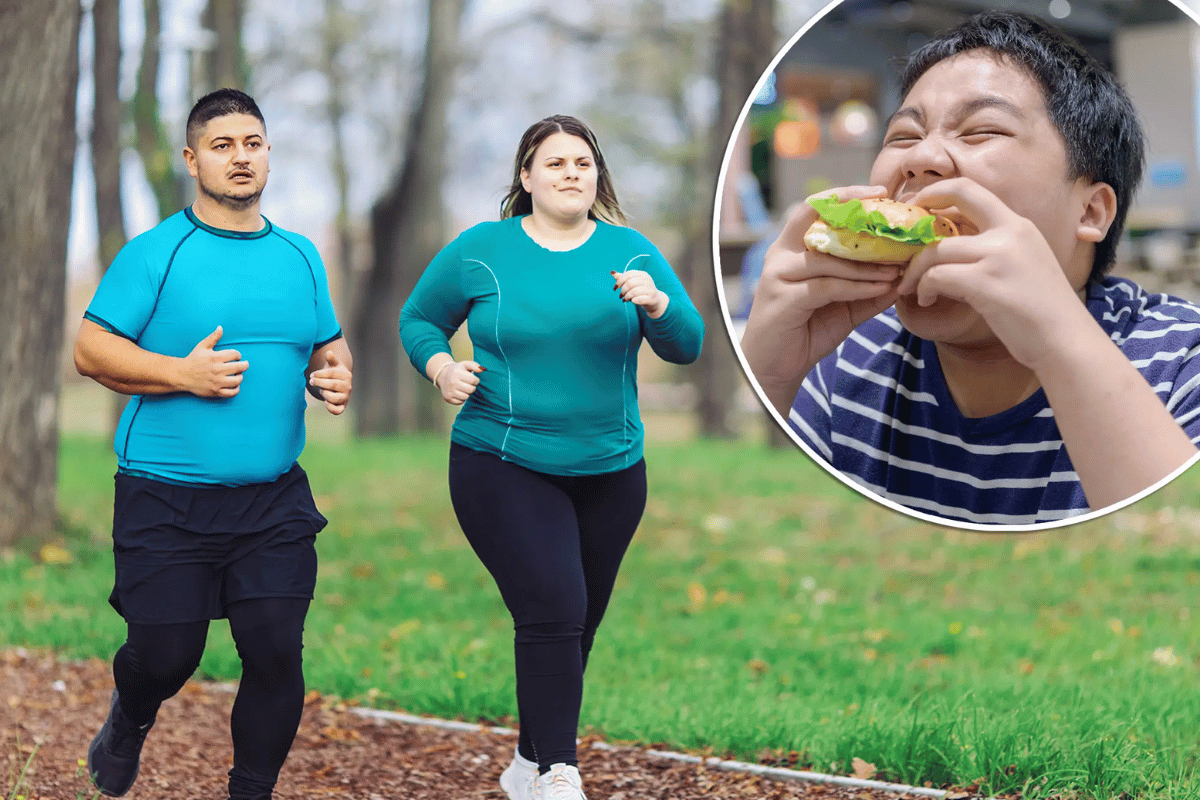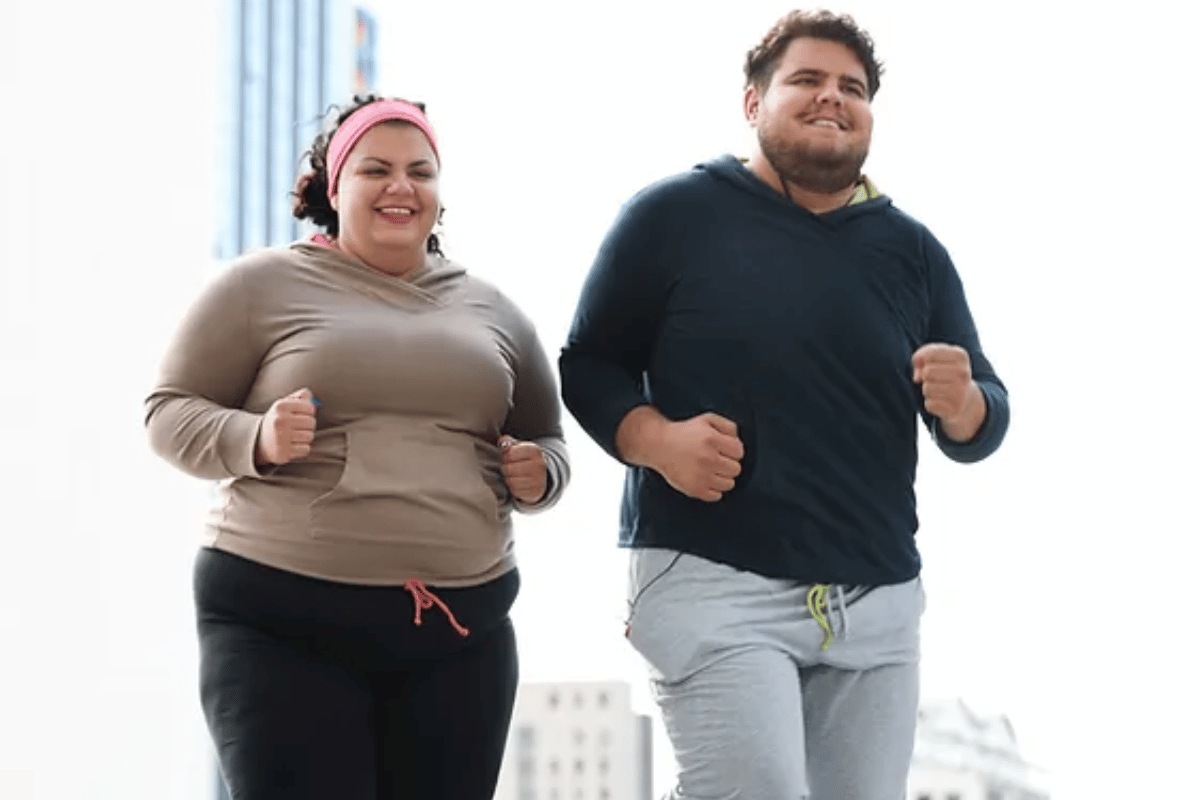In 2024, the pursuit of health and fitness has taken an exciting turn with the rising popularity of 30-day challenges, especially for those aiming to lose weight fast. These challenges promise quick fitness results through a concentrated effort over a month, making them an attractive option for individuals eager to jumpstart their weight loss journey.
The allure of these challenges lies in their structured approach, offering a clear roadmap to achieve significant results in a relatively short period. Dr. Angela Hayes, a renowned nutritionist and weight loss expert, explains, “30-day challenges can be an effective way to introduce discipline and focus into a fitness regimen, particularly for beginners.”
The concept of a 30-day challenge is straightforward: commit to specific diet and exercise routines for thirty consecutive days with the goal of losing weight and improving health. This time-bound approach creates a sense of urgency and accountability, often leading to impressive short-term results. But it’s more than just a quick fix. As fitness coach Mark Thompson says, “These challenges can lay a strong foundation for long-term health habits.”
However, it’s crucial to approach these challenges with realistic expectations. While they offer a great starting point, sustainable weight loss requires long-term changes in lifestyle and eating habits. It’s about finding the right balance between diet, exercise, and lifestyle modifications. “The key is not just to lose weight fast but to make lasting changes that promote overall well-being,” adds Dr. Hayes.
In the upcoming sections, we will dive deeper into understanding the fundamentals of weight loss, crafting your personalized 30-day challenge, focusing on nutrition, effective exercise strategies, and much more. Stay tuned to learn how you can successfully navigate this promising method and achieve your weight loss goals.

lose weight fast
Understanding Weight Loss Fundamentals
Weight loss is a journey that intertwines science, nutrition, and personal habits. To lose weight fast, understanding the basics of how our bodies work is essential. Dr. Laura Mitchell, a leading endocrinologist, explains, “Weight loss occurs when you burn more calories than you consume. This can be achieved through diet, exercise, or ideally, a combination of both.”
The Science Behind Losing Weight
At its core, weight loss is about creating a calorie deficit. This means consuming fewer calories than your body burns in a day. “The body then turns to stored fat for energy, leading to weight loss,” says Dr. Mitchell. It’s not just about reducing food intake but choosing the right kinds of food that nourish without excessive calories.
Balancing Diet, Exercise, and Lifestyle
To lose weight effectively, one must strike a balance between diet, exercise, and lifestyle changes. Nutritionist Sarah Johnson states, “A balanced diet rich in fruits, vegetables, lean proteins, and whole grains is crucial for weight loss.” This should be complemented with regular physical activity. “Exercise not only helps burn calories but also boosts metabolism,” adds fitness expert Mike Rogers.
Lifestyle factors like sleep and stress management play a crucial role too. Poor sleep can disrupt hormonal balances, leading to weight gain. Similarly, high stress levels can trigger emotional eating. “It’s not just what you eat or how much you exercise, but also how well you sleep and manage stress that contributes to weight loss,” Johnson emphasizes.
In the next sections, we will delve deeper into creating a personalized 30-day weight loss challenge, focusing on specific dietary strategies, exercise routines, and lifestyle adjustments that can help you achieve your weight loss goals effectively.

lose weight fast
Crafting Your 30-Day Weight Loss Challenge
Embarking on a 30-day challenge to lose weight fast is about setting attainable goals and creating a plan tailored to your individual needs. It’s not just a journey of the body, but also of the mind.
Setting Realistic Goals
Setting realistic goals is the first step to success. “Aim to lose 1-2 pounds per week. It’s not just about rapid loss, but sustainable health,” advises Dr. Emily Roberts, a renowned nutritionist. This translates to a total of 4-8 pounds in 30 days, which is a healthy and achievable target.
Designing a Personalized Plan: Diet, Exercise, and Self-Care
Your 30-day challenge should include a comprehensive plan that combines diet, exercise, and self-care. “Customize your diet to include nutrient-dense, low-calorie foods, and plan for moderate, consistent exercise,” suggests personal trainer Jake Matthews. Don’t forget self-care practices like adequate sleep and stress management, which significantly impact weight loss.
Key Elements for Success
Three key elements play a vital role in the success of your 30-day challenge:
- Diet: Incorporate a variety of fruits, vegetables, lean proteins, and whole grains. Stay hydrated and avoid processed foods and sugary drinks.
- Exercise: Include a mix of cardio, strength training, and flexibility exercises. Aim for at least 150 minutes of moderate aerobic activity or 75 minutes of vigorous activity each week, as recommended by the American Heart Association.
- Mindset and Consistency: Maintain a positive mindset. Consistency in following your diet and exercise plan is more important than perfection.
In the following sections, we will delve deeper into nutrition and exercise strategies specifically aimed at rapid weight loss, guiding you through an effective and healthy approach to shedding pounds quickly.
Nutrition Focus: Eating to Lose Weight Fast
In your 30-day challenge to lose weight fast, your diet plays a crucial role. It’s not just about eating less but eating right. Here, we will explore how to strategically plan your meals for maximum weight loss efficiency.
Identifying Fat-Burning Foods
Incorporate foods that boost metabolism and promote fat burning. “Foods like green tea, lean protein, and whole grains are excellent for enhancing metabolism,” notes nutritionist Dr. Emily Roberts. Also, include fiber-rich foods, as they keep you feeling full longer, reducing the likelihood of overeating.
Meal Planning and Preparation Tips
Planning is key to diet success. Prep meals in advance to avoid impulsive, unhealthy eating. “Meal prep can make diet adherence much easier, as it takes the guesswork out of what to eat,” explains health coach Sarah Johnson. Portion control is also essential — use smaller plates and measure servings to avoid overeating.
Balancing Macronutrients for Optimal Weight Loss
A balanced intake of proteins, fats, and carbohydrates is crucial. Protein is vital for muscle repair and growth, especially if you’re exercising regularly. Carbohydrates, particularly complex ones, provide sustained energy, while healthy fats are necessary for nutrient absorption. “Aim for a balance of macronutrients rather than eliminating any group entirely,” advises dietitian Mark Thompson.
In the upcoming sections, we will delve deeper into exercise strategies for rapid weight loss and address common challenges you might face during your 30-day journey.

lose weight fast
Effective Exercise Strategies for Rapid Weight Loss
As part of your 30-day challenge to lose weight fast, integrating effective exercise strategies is crucial. This section delves into exercise routines that maximize fat burning and promote rapid weight loss.
High-Intensity Interval Training (HIIT) for Maximum Fat Burn
HIIT involves short bursts of intense activity followed by recovery periods. “HIIT can significantly increase your metabolic rate and effectively reduce belly fat,” states fitness expert David Green. This form of training is highly effective for those looking to lose weight quickly.
Strength Training to Boost Metabolism
Contrary to popular belief, strength training is just as important as cardio for weight loss. It helps build muscle, which in turn increases your resting metabolic rate. “Incorporating weight lifting into your routine can have a profound impact on fat loss,” advises personal trainer Lisa Nguyen.
Incorporating Flexibility and Balance Workouts
While often overlooked, flexibility and balance exercises, like yoga or Pilates, can complement your weight loss efforts. They improve muscle tone and posture, reducing the risk of injury. “Yoga can also aid in stress reduction, which is crucial in weight management,” adds yoga instructor Maria Rodriguez.
By combining these exercise strategies, you can create an effective workout regimen that supports your goal to lose weight fast. Remember, consistency and variation are key to maintaining motivation and maximizing results.
Overcoming Challenges and Staying Motivated
The journey to lose weight fast is often fraught with challenges, but staying motivated is key to success. This section explores strategies to navigate these hurdles and maintain your commitment to the 30-day weight loss challenge.
Dealing with Plateaus
Weight loss plateaus are common, especially in a short time frame. “Changing up your workout routine and revising your calorie intake can help overcome these plateaus,” suggests nutritionist Emma Johnson. Remember, plateaus are temporary and can be overcome with persistence.
Keeping Motivation High
Motivation can wane, especially when results don’t come as quickly as hoped. Setting small, achievable goals can help maintain focus. “Celebrate every small victory to keep yourself motivated,” advises life coach Michael Brown.
Community and Support Systems
Joining a community or support group can provide encouragement and accountability. “Sharing your journey with others can significantly boost your determination and provide a sense of camaraderie,” says fitness blogger Sarah Lee.
By employing these strategies, you can stay on track and overcome the challenges that might arise during your 30-day challenge. Remember, the key to rapid weight loss is not just physical effort but also mental resilience and support.
Measuring Success: Beyond the Scale
When aiming to lose weight fast, it’s essential to recognize that success isn’t solely measured by the numbers on the scale. This section explores alternative ways to gauge progress in your 30-day weight loss challenge.
Understanding Different Measures of Success
Weight loss is multifaceted. “Look for changes in body composition, energy levels, and how your clothes fit,” suggests fitness expert Jake Thompson. These measures often provide a more comprehensive view of your progress.
Non-Scale Victories
Non-scale victories can be as significant as weight loss. Improved sleep quality, increased stamina, and enhanced mood are all critical indicators of your health journey. Celebrating these milestones keeps you motivated and acknowledges the holistic benefits of your efforts.
Reflecting on Your Journey
As you approach the end of your 30-day challenge, reflect on your journey. “It’s not just about the weight you lose but the habits you develop and the knowledge you gain,” says wellness coach Emily Rogers.
Recognizing these varied aspects of success will help you appreciate the full scope of your achievements, extending far beyond rapid weight loss.
Related FAQ Section: Navigating Your 30-Day Weight Loss Challenge: Questions Answered
In this section, we address some common queries related to the 30-day weight loss challenge, offering insights and advice to help you on your journey to lose weight fast.
What Are the Best Strategies for Quick Weight Loss in a 30-Day Challenge?
Combining a balanced diet with regular exercise and lifestyle modifications is key. “It’s about creating a calorie deficit while ensuring nutritional needs are met,” says dietitian Laura Kim.
How Can I Ensure I Stay on Track During My 30-Day Weight Loss Challenge?
Set realistic goals, track your progress, and seek support from a community or a coach. “Accountability is crucial for maintaining focus,” notes fitness trainer Mark Lee.
What Should I Eat During My 30-Day Challenge to Lose Weight Fast?
Focus on nutrient-rich, low-calorie foods like vegetables, lean proteins, and whole grains. Meal planning is essential to avoid impulsive eating, advises nutritionist Sarah Chen.
Can Exercise Alone Help Me Lose Weight Quickly in 30 Days?
While exercise is vital, it needs to be complemented with a proper diet. “Exercise increases calorie expenditure, but diet is what drives weight loss,” explains personal trainer Emily Grant.
How Do I Maintain My Weight Loss After the 30-Day Challenge?
Adopting long-term lifestyle changes is crucial. “It’s not a diet, but a lifestyle. Continue practicing the habits developed during the challenge,” advises wellness coach John Roberts.

